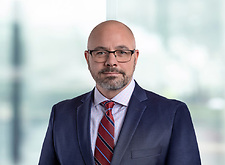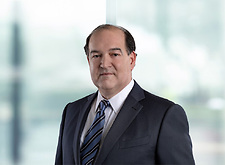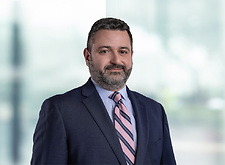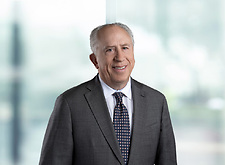No-Damages-for-Delay Clauses and the COVID-19 Crisis
Although “construction” was originally deemed by Governor Cuomo to be “essential”, and thus exempt from the restrictions imposed by his March 18, 2020 Executive Order, that has since changed. Through subsequent Executive Orders, as interpreted by various State agencies, the reach of COVID-19 has extended deeply into the construction industry to preclude “non-essential” or “non-emergency” construction projects. Accordingly, construction projects across the State are grinding to a halt.
Project delays cause damages – whether in the form of continued overhead or additional fixed costs. In order to address this situation, no-damages-for-delay clauses have become very common practice in public contracts, and in the private sector as well. Furthermore, such clauses are not limited to prime contracts. Quite often, these clauses are found in subcontracts and sub-subcontracts, as a means to allocate risk as between the contractee (whether the owner [in a prime contract], the general contractor [in a subcontract], or the subcontractor [in a sub-subcontract]) and the contractor.
What does this mean? Are owners and general contractors fully insulated from claims for delay damages by these contract provisions? Are contractors or subcontractors whose projects are sidelined by COVID-19 left with no remedy to recover delay damages from the contractee in light of a no-damages-for-delay clause? The short answer to both questions: No.
In New York, there are four instances where a no-damages-for-delay clause will be rejected, such that the contractor is allowed to pursue a claim for damages caused by project delays:
- where the delays are caused by the contractee’s bad faith or its willful, malicious, or grossly negligent conduct;
- where the delays are uncontemplated;
- where the delays are so unreasonable that they constitute an intentional abandonment of the contract by the contractee; and
- where the delays result from the contractee’s breach of a fundamental obligation of the contract.
Any attack upon a no-damages-for-delay clause, in light of delays caused by the COVID-19 crisis, will likely focus on the second exception which allows such claims where the delays are “uncontemplated”.
In New York, whether a delay is “contemplated” takes into consideration the parties’ expectations at the time the contract was made, and whether the condition causing the delay was “reasonably foreseeable”. If the contracting parties had no reason to suspect that the delay-causing condition was a potential obstacle to the project, then New York courts may conclude that these delays simply fall outside the parameters of the contract – including the no-damages-for-delay clause found within that contract.
Thus, disputes are likely to arise concerning whether the COVID-19 pandemic was “anticipated” or not. On the one hand, the spread of the disease, and the extreme efforts undertaken to effect social distancing – and social isolation – have occurred, literally, overnight. It is hard to imagine that the extent of the crisis, and the ripple effects felt by every corner of the construction industry, were foreseen by contractors and contractees at any time prior to March 2020. On the other hand, widespread work stoppages, due to factors other than a global pandemic, are nothing new. Furthermore, “acts of God” are often explicitly addressed in a contract, through the use of a force majeure clause or something of the like. Such a clause, if triggered, often suspends performance by all parties, as opposed to shifting the risk of this “act of God” upon the contractee alone. Thus, contractees may argue that, by including a force majeure clause, all parties anticipated the manner in which such an event should be treated under the contract.
Regardless of the outcome of the debate, it is clear that delay claims will be on the rise – as will litigation over who should bear the cost of delays that result from COVID-19.
For questions about your rights as it relates to bearing the cost of construction delays due to the recent pandemic, please contact Scott Paton (518.433.2450).
Featured
- Partner
- Partner
- Partner
- Partner
- Partner
- Partner
- Partner
- Senior Associate
- Partner
- Managing Partner










